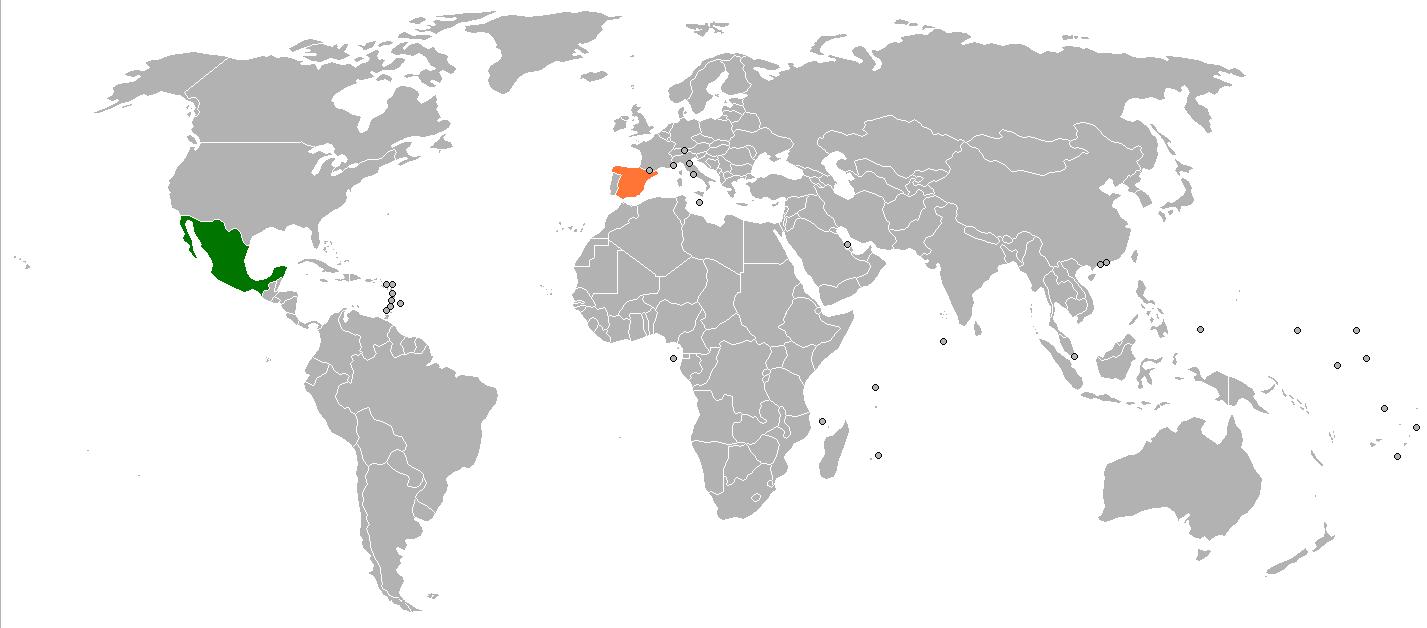Are you tired of giving the same old answer when asked “De donde eres?” (Where are you from?) in Spanish? Look no further! In this article, we will explore the 6 best and most creative ways to respond to this question in Spanish and English. Get ready to impress and spark interesting conversations with your unique and unexpected answers!
Article Feedback
When answering the question “De donde eres? ” in Spanish, there are several effective ways to respond. One option is to simply state your country or city of origin, such as “Soy de Estados Unidos” or “Soy de Francia. ” Another approach is to provide more specific information about your background, such as “Mis padres son de India, pero nací y crecí en Estados Unidos. ” If you prefer to keep the conversation light, you can use a rhetorical question like “¿De dónde crees que soy?
” or turn the question back on the asker by saying “¿Y tú, de dónde eres?
Meaning Explained

When asked “De donde eres? ” in Spanish, it means “Where are you from? ” in English. It’s a common question to start a conversation and get to know someone’s background.
The best way to answer this question is by stating your country of origin or nationality. For example, you can say “Soy de Estados Unidos” (I am from the United States) or “Soy de India” (I am from India). Keep in mind that it’s important to be truthful in your response. If you are bilingual or have a mixed background, you can mention that as well.
Considerations for Your Response
When answering the question “De donde eres” (Where are you from? ) in Spanish or English, it’s important to consider a few key factors. First, be truthful in your response to avoid any misunderstandings. Second, consider the language proficiency of the person asking the question and adjust your answer accordingly. Third, be mindful of cultural sensitivities and avoid making assumptions or generalizations. Additionally, be aware of the potential consequences of disclosing personal information, especially on social media or in certain legal contexts.
Finally, consider the context in which the question is being asked, as it may vary depending on the country or situation. By keeping these considerations in mind, you can provide a thoughtful and appropriate response.
Overview of Responses
| Response | Translation | Meaning |
|---|---|---|
| Soy de España. | I am from Spain. | Directly translates to “I am from Spain.” |
| Yo soy español(a). | I am Spanish. | Indicates nationality, meaning “I am Spanish.” |
| Vengo de México. | I come from Mexico. | Literally means “I come from Mexico.” |
| Soy de Colombia. | I am from Colombia. | Directly translates to “I am from Colombia.” |
| Yo soy mexicano(a). | I am Mexican. | Indicates nationality, meaning “I am Mexican.” |
| Vengo de Argentina. | I come from Argentina. | Literally means “I come from Argentina.” |
How to Craft Your Answer
Crafting your answer to the question “De donde eres? ” in Spanish-English can be simple and effective. First, be honest and truthful in your response. If English is your first language, you can mention that. Secondly, consider the context and audience.
If you’re on social media, keeping your answer concise is key. Use phrases like “I’m from the United States” or “I’m from Saudi Arabia”. If you want to add a touch of humor, you can use a rhetorical question like “Do you really want to know?
The Nuances of Answering
When answering the question “De donde eres? ” (Where are you from? ), it’s important to consider the nuances of language and cultural sensitivity. Being truthful is key, but there are different ways to respond depending on the context. In English, you can simply state your country. In Spanish, you can mention your country followed by the phrase “Soy de” (I’m from).
Cultural Context in Replies

When answering the question “De donde eres” in Spanish, it is important to consider the cultural context. Trespass laws and cultural norms vary between countries, so it is crucial to be aware of the specific expectations in each region. In Saudi Arabia, for example, it is customary to provide a general response without revealing too much personal information. On the other hand, in countries like France and South Korea, people may expect a more detailed answer that includes the specific city or region. Language proficiency also plays a role in how you respond. If Spanish is your first language, it is natural to mention your country of origin.
Crafting a Polite Response
Crafting a polite response to the question “De donde eres? ” in Spanish-English can help navigate conversations with ease. It’s important to answer truthfully while also respecting personal boundaries. Choosing the right words is crucial to maintain a cordial atmosphere. Begin by thanking the person for their curiosity and then politely mention your place of origin.
If you feel uncomfortable disclosing that information, you can politely deflect the question by saying you prefer not to share.
The Art of Responding
When responding to the question “De donde eres? ” (Where are you from? ), it’s important to be truthful and concise. In English, you can simply say “I am from [country]” or “I am [nationality].
” In Spanish, you can respond with “Soy de [country]” or “Soy [nationality]. ” If you’re unsure about the questioner’s intentions, it’s best to answer politely without revealing too much personal information.
Answer Variations by Region
| Region | Answer Variation |
|---|---|
| Spain | Soy de España |
| Mexico | Soy de México |
| Argentina | Soy de Argentina |
| Colombia | Soy de Colombia |
| Peru | Soy de Perú |
| Chile | Soy de Chile |
Tailoring Your Answer

When tailoring your answer to the question “De donde eres” (where are you from), it’s important to be truthful and concise. If you’re fluent in both English and Spanish, you can respond by saying “Soy de [your country] pero también hablo inglés” (I am from [your country] but I also speak English). This way, you acknowledge your home country and highlight your English language skills. You can also mention any other countries you have a connection to, for example, if you were born in France or have family in South Korea. Just remember to keep your answer brief and avoid going into unnecessary details.
The Impact of Your Reply
The impact of your reply to the question “De donde eres? ” (Where are you from? ) can have significant consequences. It is important to answer truthfully and be aware of the potential implications. In both Spanish and English, your response can reveal personal information and potentially expose you to various situations.
It is crucial to be cautious and considerate when answering this question, as it can have legal implications in certain contexts.

